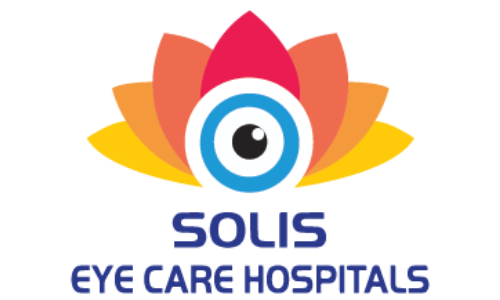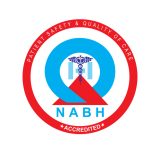Comprehensive Ophthalmology
Introduction
Comprehensive Ophthalmology focuses on the overall health of your eyes, covering routine check-ups, early detection of vision problems, and management of a wide range of eye diseases. At Solis Eye Care, this is where your journey to healthy vision begins — whether you’re coming in for a basic eye exam or managing long-term eye conditions.
Common Symptoms That Need a Check-Up
Blurred or unclear vision.
Frequent headaches or eye strain.
Difficulty reading or working on screens.
Redness, irritation, or watering of eyes.
Light sensitivity or glare.
Difficulty with night vision.
Regular prescription changes in glasses or contact lenses.
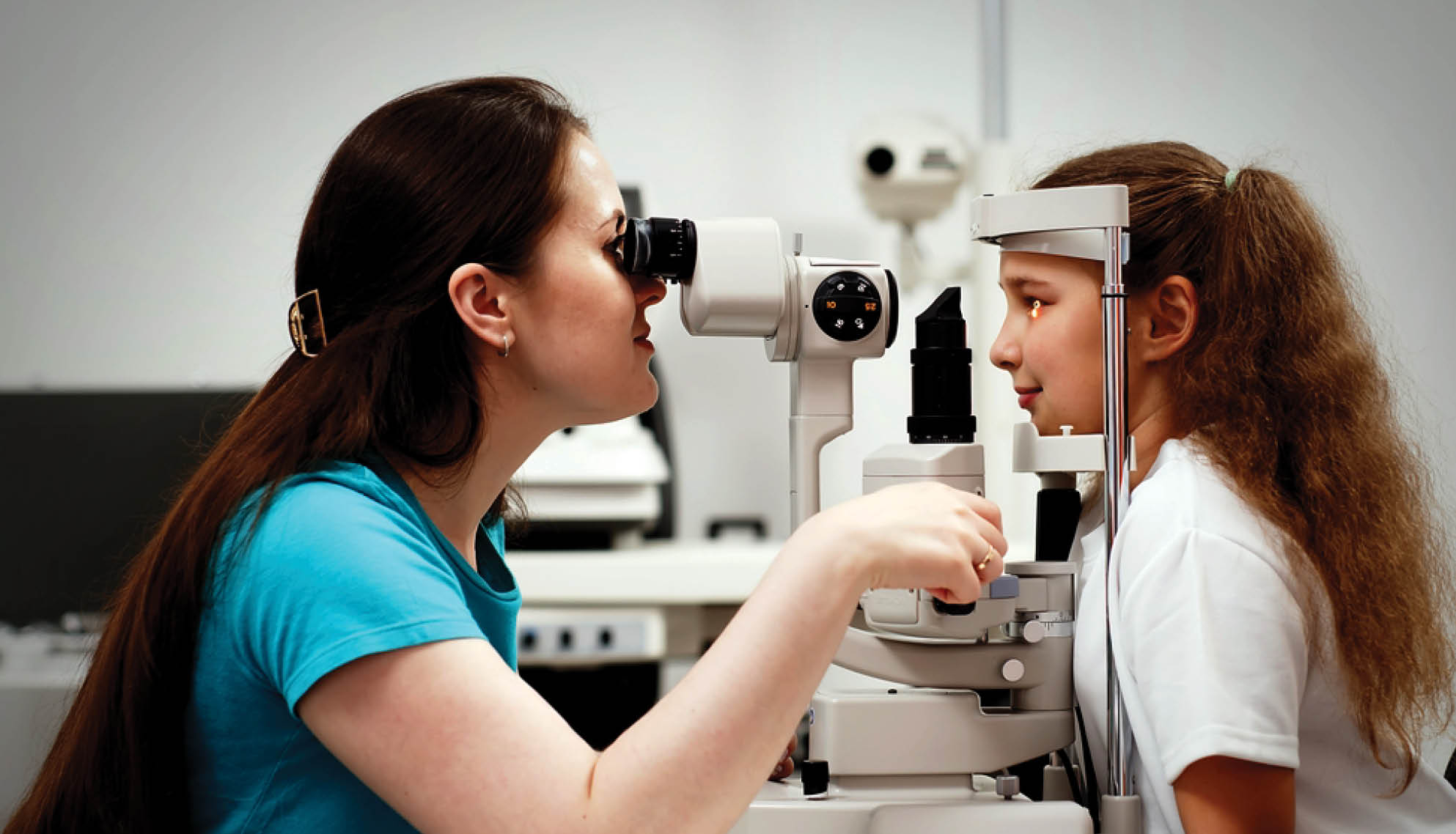
- What Causes Eye Problems?
- Diagnosis & Treatment at Solis
- Prevention & Eye Care Tips
Several factors may affect your eye health, including
Natural aging.
Prolonged screen time and digital eye strain.
Environmental allergens and pollutants.
Lifestyle habits like smoking or poor diet.
Family history of eye diseases.
Medical conditions like diabetes, hypertension, and thyroid disorders.
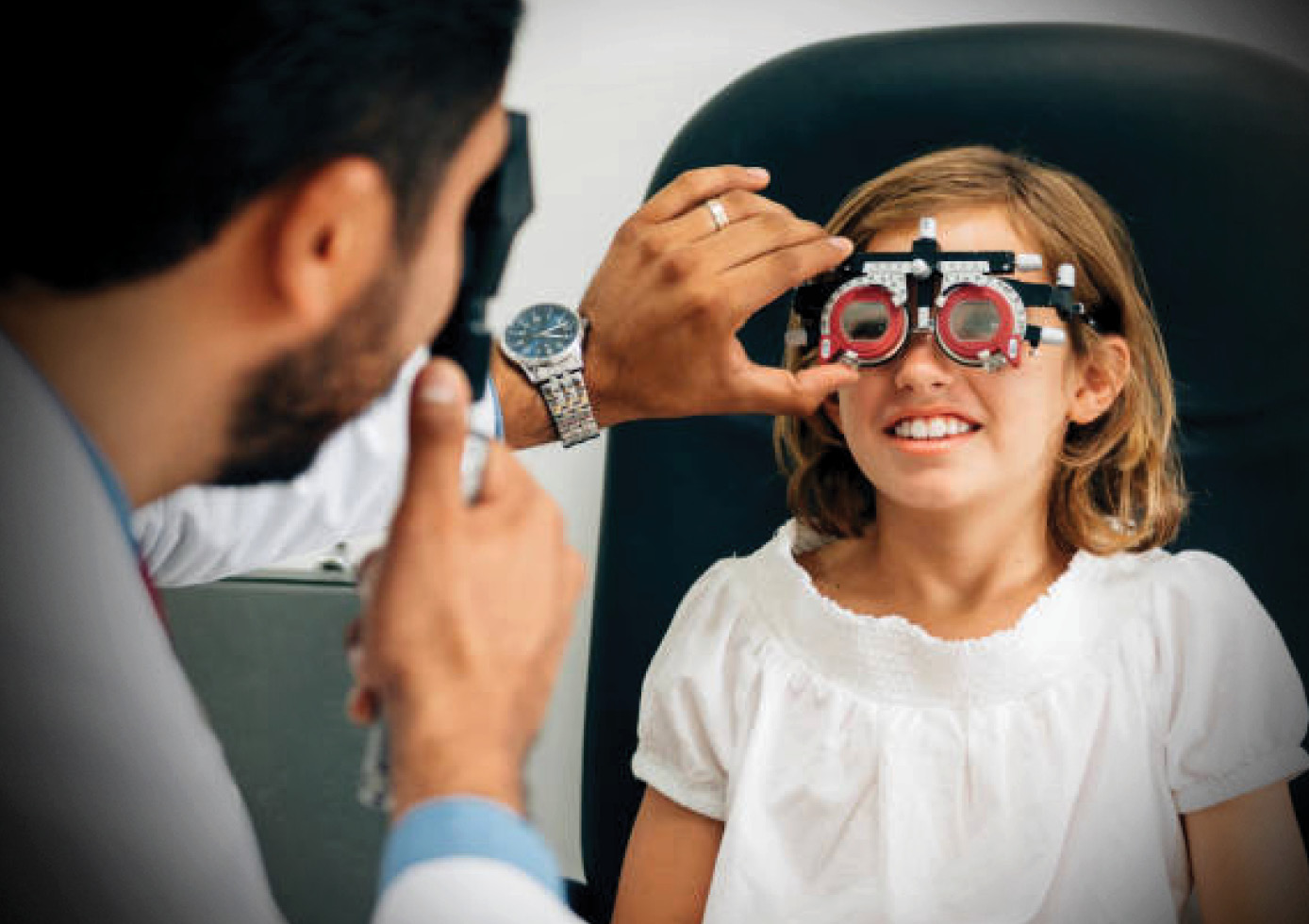
Our comprehensive eye exams use state-of-the-art technology to assess your vision and screen for early signs of disease. Diagnostic tests may include:
Refraction testing for glasses or contact lenses.
Slit-lamp examination for the front of the eye.
Intraocular pressure testing to detect glaucoma.
Retina evaluation for signs of diabetic retinopathy or age-related changes.
Additional imaging (OCT, Fundus Photography) for detailed insights.
Treatment plans include prescription glasses/contact lenses, medications, preventive care advice, or referral to our super-specialists for surgical or advanced care if needed.
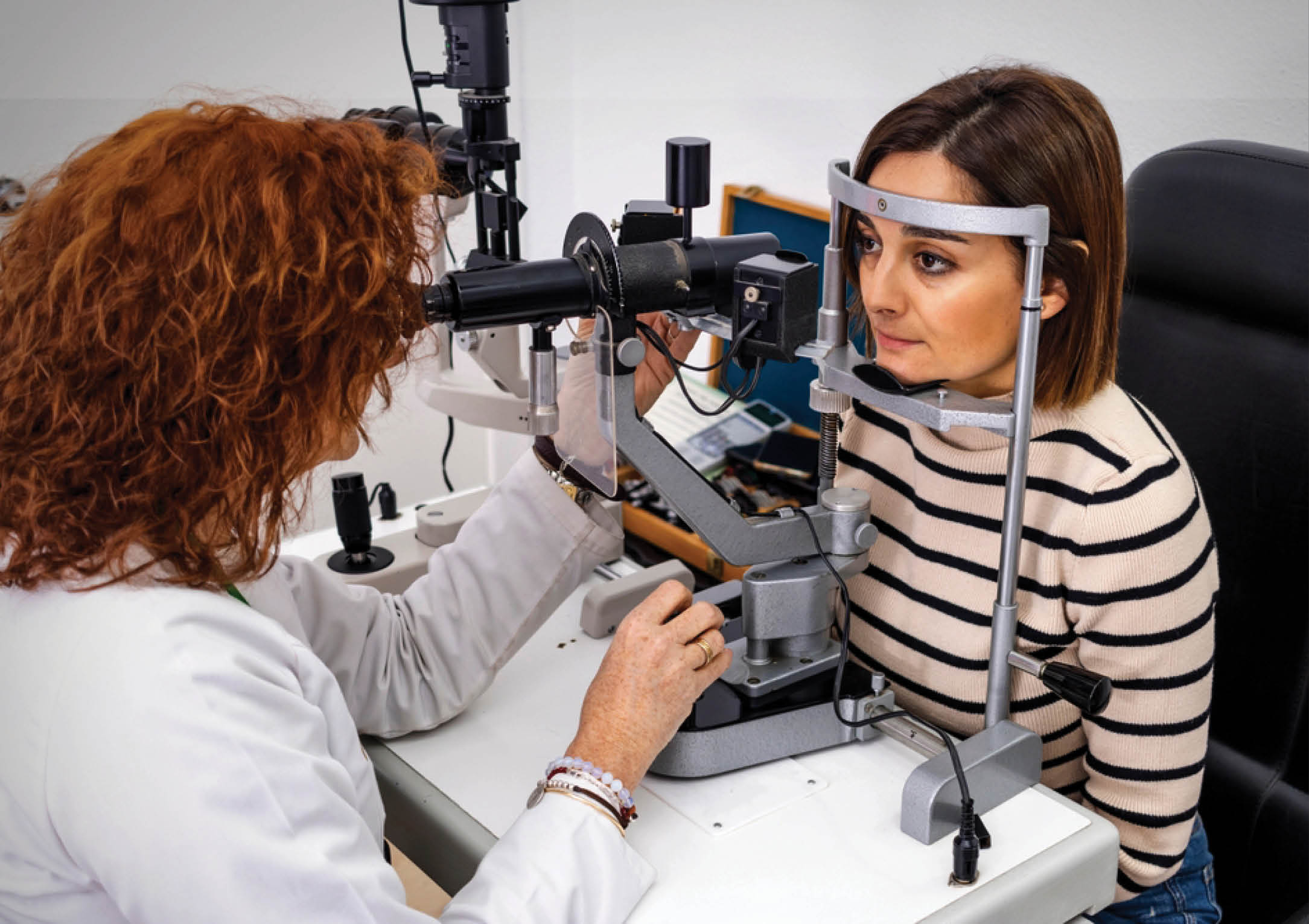
Prevention & Eye Care Tips
Schedule regular eye check-ups, even if you have no symptoms.
Take breaks during screen use (20-20-20 rule).
Wear protective eyewear when outdoors or working in dusty environments.
Maintain a healthy diet rich in antioxidants.
Control systemic conditions like diabetes and hypertension.
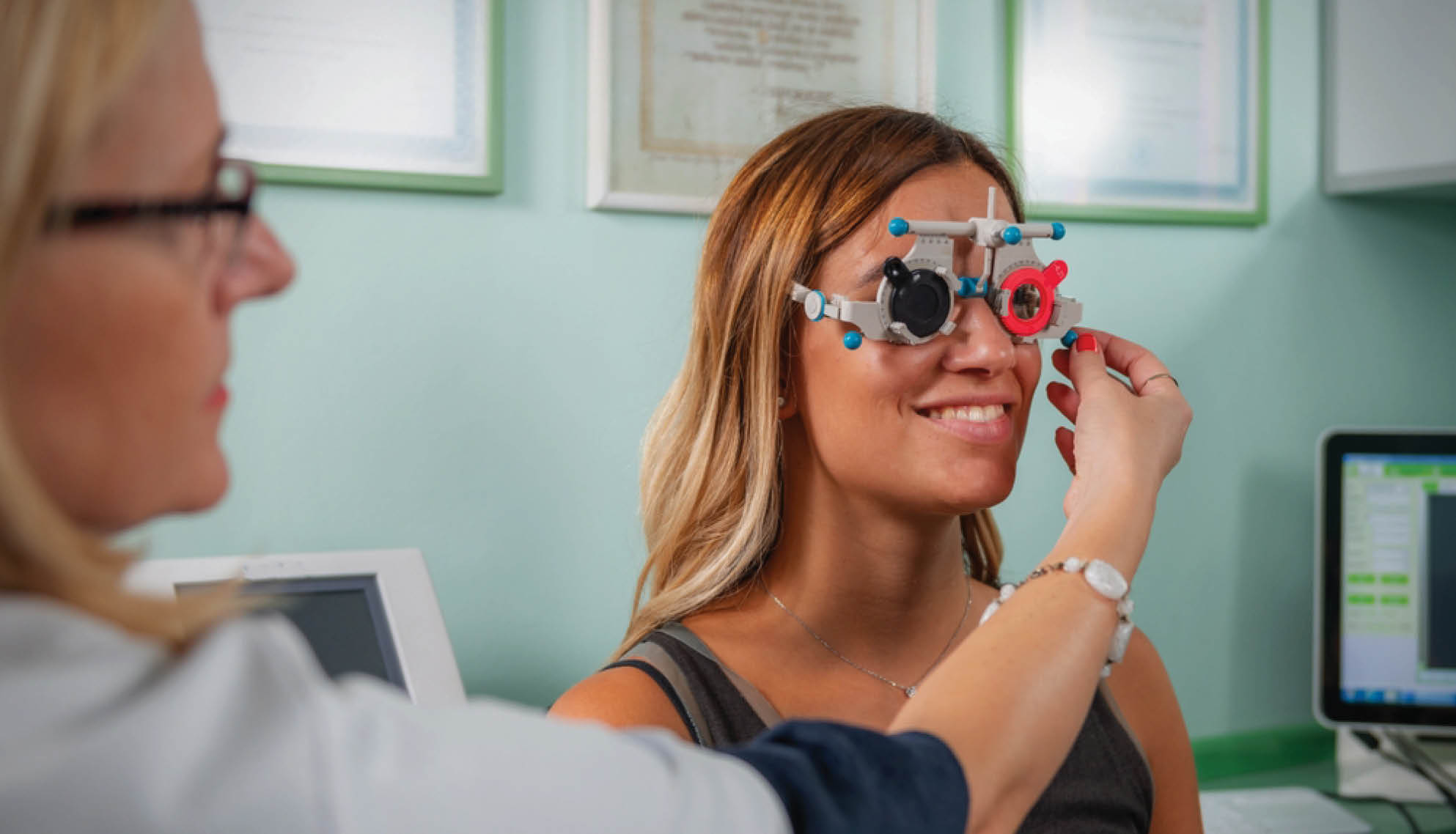
Frequently Asked Questions (FAQs)
How often should I get a routine eye check-up?
Ideally once a year, or as recommended by your eye specialist.
Can a comprehensive eye exam detect major diseases early?
Yes, conditions like glaucoma, diabetic retinopathy, and cataracts can be caught early through routine screening.
Do I need a referral to consult a specialist at Solis?
No, our comprehensive ophthalmology team will refer you internally if advanced care is needed.
